The Versatility of Luxury Vinyl
Luxury vinyl flooring brings together high-end style and everyday practicality. Available in both plank and tile formats, it mimics the look of hardwood, stone, or ceramic with stunning realism, right down to the texture. Built for durability, it stands up to water, wear, and active households with ease. Whether you’re renovating a bathroom, updating a kitchen, or outfitting a family room, luxury vinyl is a smart, stylish solution. It’s also softer underfoot and quieter than many hard surfaces, making it ideal for comfort-focused spaces.
At Carpet Specialists in Louisville, KY, we offer a curated selection of luxury vinyl plank and tile. Our experienced team will help you compare looks, textures, and performance to find the best fit for your space.
The buying process is easy
and we will guide you through it
1 - SAMPLES
Bring samples to your home by either visiting us or requesting a shop at home experience.
2 - MEASURE
Schedule a free measure and receive a quote for your selected options
3 - ORDER
Place your order and we will schedule your installation day and time
4 - INSTALL
Prep for your installation day. An experienced installation crew will complete your installation.
Designed for Real Life
Explore Luxury Vinyl in Every Room
See how luxury vinyl brings elevated style to high-traffic spaces. Our gallery showcases wood- and stone-look options that offer warmth, character, and long-lasting beauty throughout the home.
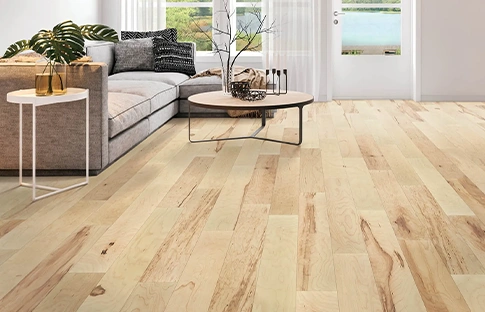
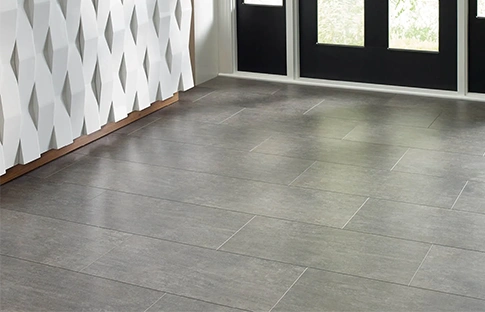
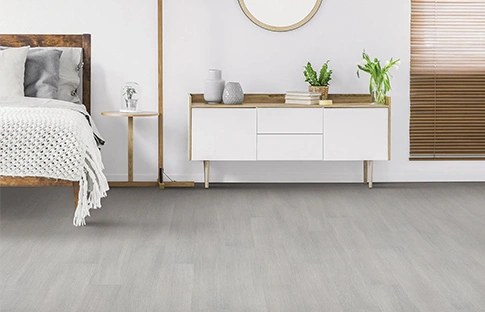
See Your New Floor Before You Buy
Preview your favorite styles in your own space using our easy-to-use room visualizer. Upload a photo or choose a room scene to see how different flooring options will look in real time.
Luxury Vinyl Care
Keep your luxury vinyl looking its best with easy, low-maintenance care. A few simple steps will help preserve its finish and keep it performing well day after day.
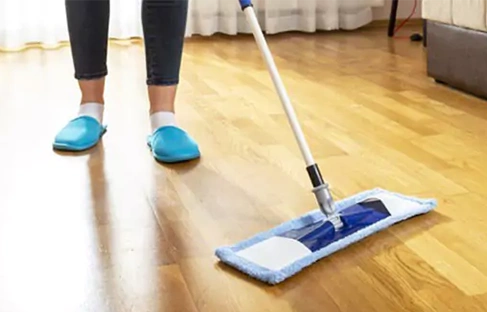
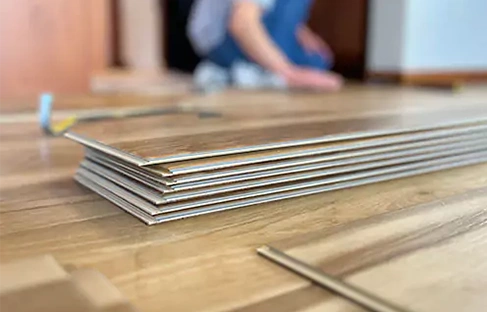
Luxury Vinyl Installation
We’ll make your luxury vinyl installation smooth and efficient. From subfloor prep to final placement, our team ensures it’s done right from the start.
